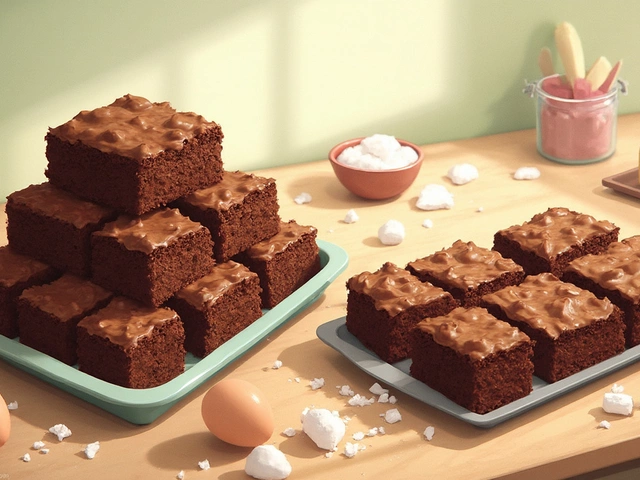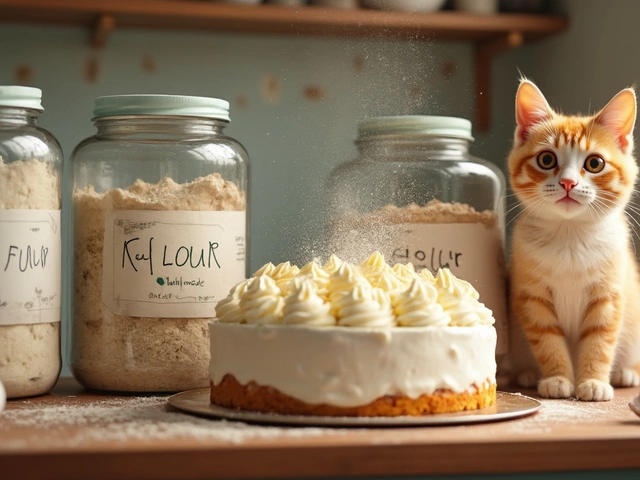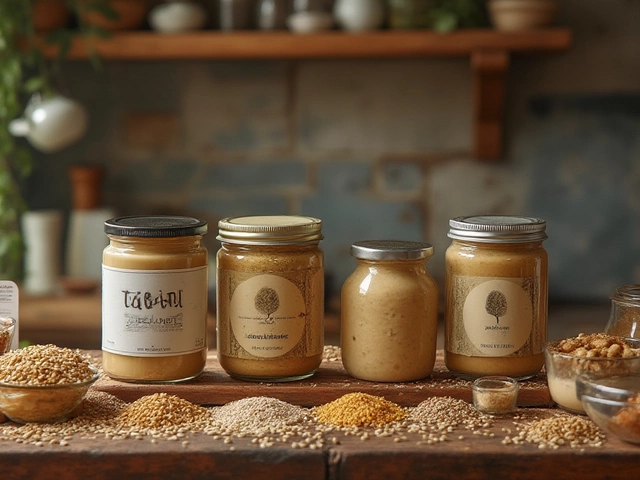Lemon Juice – Fresh Tips, Easy Uses & Simple Recipes
If you’ve ever wondered why a splash of lemon juice can turn a bland dish into something bright, you’re in the right spot. Lemon juice adds acidity, lifts flavors, and works in both sweet and savory cooking. Below you’ll find practical ways to get the most out of your lemons, store the juice without losing punch, and add it to everyday meals.
How to Get the Best Lemon Juice Every Time
First, roll the lemon on the counter with the palm of your hand. That little pressure breaks down the cells inside and makes the fruit easier to squeeze. Cut the lemon lengthwise, not crosswise – the stems stay attached to the flesh and you’ll get a steadier stream.
Use a handheld juicer or simply squeeze by hand over a bowl. If you have a strainer, let the juice run through it to catch seeds and pulp. For a bigger batch, warm the lemons in the microwave for about 10 seconds; the heat loosens the juice without cooking it.
When you need a lot of juice, consider zesting first. The zest adds essential oils that brighten the flavor, and you can still squeeze the fruit afterward for maximum yield.
Everyday Ways to Use Lemon Juice
Here are a few go‑to ideas that keep lemon juice handy in the kitchen:
- Salad dressings: Mix lemon juice with olive oil, a pinch of salt, and a dash of honey for a quick vinaigrette.
- Marinades: Combine lemon juice, garlic, and herbs to tenderize chicken or fish. The acid breaks down protein, so you only need 15‑30 minutes.
- Pan sauces: After sautéing meat, deglaze the pan with a splash of lemon juice. It adds depth without the heaviness of cream.
- Desserts: Add a teaspoon of lemon juice to berry compotes or whipped cream to cut sweetness and add a zing.
- Eggs: A few drops of lemon juice in scrambled eggs keep them fluffy and prevent a rubbery texture.
If you want to store lemon juice, pour it into a clean glass jar and seal tightly. Keep it in the fridge for up to three days; for longer storage, freeze it in ice‑cube trays and pop out the cubes as needed.
One trick many bakers swear by is adding a little lemon juice to baked goods that need extra rise, like pancakes or muffins. The acid reacts with baking soda, giving a lighter crumb.
Finally, don’t forget that lemon juice can rescue a dish that’s too salty. A tablespoon or two balances the saltiness and brings the flavors back into harmony.
Play around with these ideas, and you’ll find lemon juice slipping into your cooking routine faster than you expect. The bright, tangy punch it provides is a simple shortcut to tastier meals, no matter what you’re making.

Lemon Juice vs. White Wine Vinegar in Meringue: What Really Works?
Swapping white wine vinegar with lemon juice in pavlova meringue is a tempting shortcut, but will it actually work? This article breaks down how these acidic ingredients affect meringue texture and taste, and whether lemon juice is a solid stand-in. Find out if your pavlova will still hold its shape and flavor with the swap, plus tips for success. No-nonsense advice and real kitchen talk for home bakers who want to get it right. It's the practical guide you'll wish you had before your next bake.
View More




